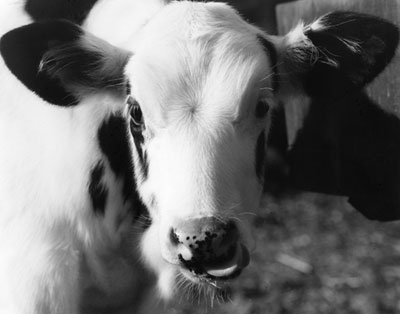All Nonfiction
- Bullying
- Books
- Academic
- Author Interviews
- Celebrity interviews
- College Articles
- College Essays
- Educator of the Year
- Heroes
- Interviews
- Memoir
- Personal Experience
- Sports
- Travel & Culture
All Opinions
- Bullying
- Current Events / Politics
- Discrimination
- Drugs / Alcohol / Smoking
- Entertainment / Celebrities
- Environment
- Love / Relationships
- Movies / Music / TV
- Pop Culture / Trends
- School / College
- Social Issues / Civics
- Spirituality / Religion
- Sports / Hobbies
All Hot Topics
- Bullying
- Community Service
- Environment
- Health
- Letters to the Editor
- Pride & Prejudice
- What Matters
- Back
Summer Guide
- Program Links
- Program Reviews
- Back
College Guide
- College Links
- College Reviews
- College Essays
- College Articles
- Back
Livestock and the Environment
The correlation between animal consumption and worldwide problems such as global warming or pollution is significant, because animal agriculture accounts for the release of harmful greenhouse gases (GHGs), water pollution, and land destruction. According to the UNEP (United Nations Environment Programme) in Assessing the Environmental Impacts of Consumption and Production, “Impacts from agriculture are expected to increase substantially due to population growth, increasing consumption of animal products.” With the world’s population rapidly increasing so is the demand for food. Animal agriculture has been forced to expand, along with all the problems that come with it.
As reported in the research paper Livestock’s Long Shadow, “The livestock sector is a key player in increasing water use, accounting for over 8 percent of global human water use.” Water used to raise livestock is often polluted and cannot be reused, resulting in dead zones (areas of no life) along coastal areas. In addition to water use, the UNEP stated that, “...more than half the world’s crops are used to feed animals...” Resources obtained to raise over 19 billion animals is not sustainable or environmentally friendly. Raising livestock means clearing land, which releases GHGs.
According to NASA “Gases that contribute to the greenhouse effect include: water vapor, nitrous oxide, methane, and carbon dioxide.” Of those gases it was reported that on a global level livestock account for: 9% of anthropogenic carbon dioxide emissions, 35-40% of methane emissions, and 65% of nitrous oxide emissions (Livestock’s Long Shadow). GHGs such as these are responsible for global warming, which affect climate patterns and sea levels.
On the other hand Adam Withnall in Lettuce is ‘three times worse than bacon’ for emission and vegetarian diets could be bad for environment, argued that maintaining your calorie intake rather than removing meat completely, would be environmentally better. However, this only works if the food you eat is low in GHG emissions and energy use.
A study released in 2009 called “Climate benefits of changing diet” calculated the impact a world wide plant-based diet would have on the environment. The study found that there would actually be a reduction in GHG concentrations from 57 to 76 ppm (parts per million) CO2 and a reduction in global energy consumption by 0.3-0.9%. This means that a person following a plant-based diet rather than a diet that includes animal product, has less of a harmful impact on the environment.
With over 7 billion people currently populating the world, it's important that the resources we have are used responsibly. If the entire world followed a plant based diet, the need for animal agriculture would cease to exist. Pollution would slow down and more resources would go towards humans.

Similar Articles
JOIN THE DISCUSSION
This article has 0 comments.
